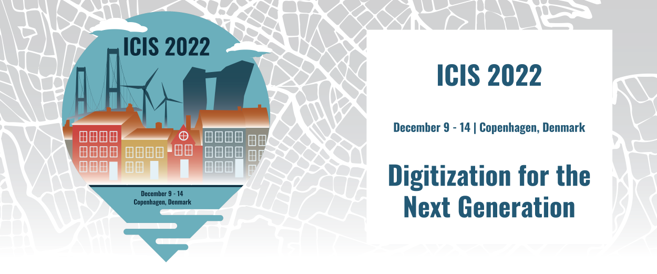Loading...
Paper Number
1644
Paper Type
Short
Description
The role of the top management team (TMT) and IT executives in organizing and leading digital innovation are increasingly recognized. However, past studies often focus on the role of IT expertise of TMT members. Relative power and interactions of the elite members remain under-researched. In this study, we draw on the literature on power distribution in the TMT to investigate the impact of power dispersion between IT executives and the TMT on digital innovation. We theorize that power dispersion has a non-linear, inverted U-shaped relation to digital innovation. Further, we introduce the moderating role of two relevant expertise of the IT executives, technological expertise and firm-specific expertise. Using panel data from US firms belonging to the list of top innovators, we find support for our theory. Our study offers potential contributions to the digital innovation literature as well as to research in IS leadership.
Recommended Citation
Nguyen, Dinh Khoi; Broekhuizen, Thijs; Dong, John Qi; and Verhoef, P.C., "Power Distribution of IT Executives in the TMT: When Should It Be Equal?" (2022). ICIS 2022 Proceedings. 10.
https://aisel.aisnet.org/icis2022/entren/entren/10
Power Distribution of IT Executives in the TMT: When Should It Be Equal?
The role of the top management team (TMT) and IT executives in organizing and leading digital innovation are increasingly recognized. However, past studies often focus on the role of IT expertise of TMT members. Relative power and interactions of the elite members remain under-researched. In this study, we draw on the literature on power distribution in the TMT to investigate the impact of power dispersion between IT executives and the TMT on digital innovation. We theorize that power dispersion has a non-linear, inverted U-shaped relation to digital innovation. Further, we introduce the moderating role of two relevant expertise of the IT executives, technological expertise and firm-specific expertise. Using panel data from US firms belonging to the list of top innovators, we find support for our theory. Our study offers potential contributions to the digital innovation literature as well as to research in IS leadership.
When commenting on articles, please be friendly, welcoming, respectful and abide by the AIS eLibrary Discussion Thread Code of Conduct posted here.



Comments
14-DigitalInnovation